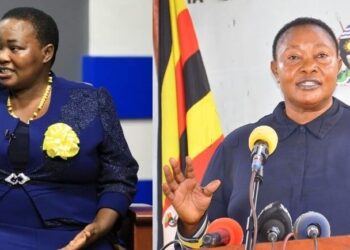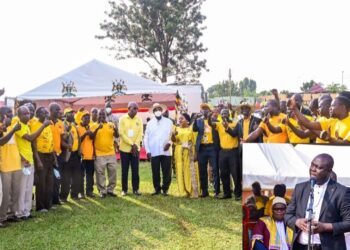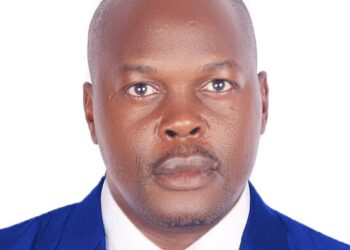By Denis Jjuuko
The Uganda Communications Commission (UCC) issued a directive firing editors and producers of media houses for allegedly broadcasting news that they (UCC) deemed not to be meeting the minimum standards. Apart form UCC, nobody else seems to know what minimum standards are. It would have been prudent for them to first sensitize the news managers of what they mean by minimum standards. But also UCC as a regulator is aware that they have no legal mandate to fire, hire or approve news manager.
However, the fact that they sent the directive and even the National Association of Broadcasters (NAB) requested for a meeting with UCC over something illegal shows the need to strengthen the media and their professional associations. The ideal thing for NAB was to ignore the directive since it was illegal or inform UCC that they don’t have the mandate to do so and therefore will not be suspending anyone. Instead they cowed requesting for a meeting to discuss an illegality. It is the wrong thing for NAB to do.
Besides UCC and Resident District Commissioners (RDC) who switch off radio stations as they wish, they also have advertisers who issue as much threats as the RDCs and UCC. This is possible because our media houses are a bit weak and too individualistic. They rarely come together to do anything. They enjoy petty rivalries among themselves and rarely come together to push the same agenda. When Radio A is switched off, sometimes Radio B celebrates thinking they have now the space the other one was occupying until when they are also switched off. In UCC illegally suspending 39 media managers from several media houses perhaps helped them (media houses) to realize how weak they are. I hope they come together and push an agenda that is good for themselves and our country and be able to stand in the face of a bully in the name of UCC.
Additionally, the professional journalists associations are too weak and lack the capacity to compel regulators and even media owners to do anything. The worst paid so-called professionals in Uganda are journalists and rarely come together to demand better pay and working conditions. In fact media owners usually threaten them with dismissal and many prefer to shut up instead of raising issues that affect them. There is need for the associations to strengthen themselves so that they can have a single voice and be taken seriously. But that will start with individual journalists acting professionally by keeping a professional distance away from the people they cover. Many journalists cover powerful people during the day and hobnob with them at night. It is not unusual to find a journalist acting as bodyguard and/or personal assistant to a newsmaker in a Kampala bar at night. Some have become spokespeople of the newsmakers they cover and still occupy key positions in the media houses where they work.
UCC has also seen how weak the Media Council is and decided to occupy their space. The Media Council is set up by the Press and Journalist Act to play the disciplinary role. However, they don’t have access to the kind of resources UCC have thereby remaining lame from inception. If we want a media that works for everybody in a democratic dispensation, there is need to fund the media council so it can play its role. An independent well funded media council acting as the press ombudsman will ensure that the regulator doesn’t have to raise a complaint and then determine what action is necessary.
And this isn’t for issues that are only political rather all issues that affect the industry including adverts that are actually more dangerous than live coverage of policemen breaking the car windows of an opposition politician. For instance, everyday there are several adverts by witchdoctors promising heaven and UCC doesn’t come out to issue directive to media houses to stop such adverts that are hoodwinking the public. Fake pastors and their mistresses spend hours on end everyday lying to the gullible public and nothing is done to them. The fake pastors collect millions from the public to build mansions for their mistresses because the media has enabled them to do so.
In summary, the media council need be funded by levying a percentage from what media houses make to enable them operate. Alternatively, they could have a vote from the consolidated fund and the politicians of the day shouldn’t be the ones to determine what they get or not.
The author is a Communication and Visibility Consultant. djjuuko@gmail.com
Do you have a story in your community or an opinion to share with us: Email us at editorial@watchdoguganda.com











